Amidst his reign as King of the United Kingdom, King Charles, known for his rigorous work ethic and dedication to routine, now confronts a formidable challenge as he undergoes treatment for cancer at the age of 75.
His active lifestyle, characterized by constant engagement in royal duties and meticulous attention to paperwork even during state visits, may prove to be both a strength and a hurdle as he embarks on his health battle.
While adjusting to the demands of convalescence after chemotherapy or radiotherapy is expected to be challenging for the King, physicians express optimism about his prospects, citing various factors that may contribute to his resilience.
Notably, his positive and resolute mindset, long admired by those in his circle, could play a pivotal role in his treatment outcomes, according to Dr. Louis Fox, a translational oncology researcher at King’s College London.
Research from Stanford University underscores the significance of mindset in cancer treatment, revealing that patients who undergo interventions to shift their perspective from seeing cancer as a catastrophe to viewing it as manageable experience improvements in emotional well-being and overall functioning.
Such findings align with observations from oncologists, who note the influence of a positive outlook on patients’ responses to treatment.
Early-Stage Cancer Diagnosis Of King Charles
Dr. Ziad Tukmachi, a London-based GP, emphasizes the advantage of an early-stage diagnosis for the King, suggesting that less aggressive treatment options may allow him to maintain a semblance of his usual quality of life.
Unlike intensive chemotherapy or radiotherapy regimens, which often lead to decreased appetite, fatigue, and oral sores, milder treatments may mitigate these side effects, enabling patients to sustain their nutritional intake and physical well-being.
In light of his renowned commitment to holistic health practices, speculation arises about the potential role of complementary approaches, such as homeopathy, in the King’s cancer journey.
While homeopathy remains controversial in conventional medical circles, some proponents advocate for its integration alongside conventional treatments to address symptom management and enhance overall well-being.
Given King’s longstanding interest in homeopathy and alternative therapies, his approach to cancer treatment may encompass a multifaceted strategy that incorporates conventional medicine with complementary interventions.
Such an approach aligns with the growing recognition of the importance of personalized, integrative care in addressing complex health challenges.
As King Charles navigates this pivotal chapter in his life, the support of his loved ones, medical professionals, and the public at large is paramount. The monarchy’s steadfast commitment to transparency and accountability ensures that updates on the King’s health will be communicated responsibly, fostering a sense of unity and solidarity across the kingdom.
In the face of adversity, King Charles embodies resilience, determination, and grace, inspiring hope and resilience in the hearts of his subjects. As he confronts his cancer diagnosis with courage and fortitude, the nation stands united in support, rallying behind their beloved monarch in his quest for healing and recovery.
In conclusion, while the road ahead may be fraught with challenges, King Charles’ unwavering spirit and the collective strength of the kingdom serve as beacons of hope, guiding him through this chapter with dignity and resolve.
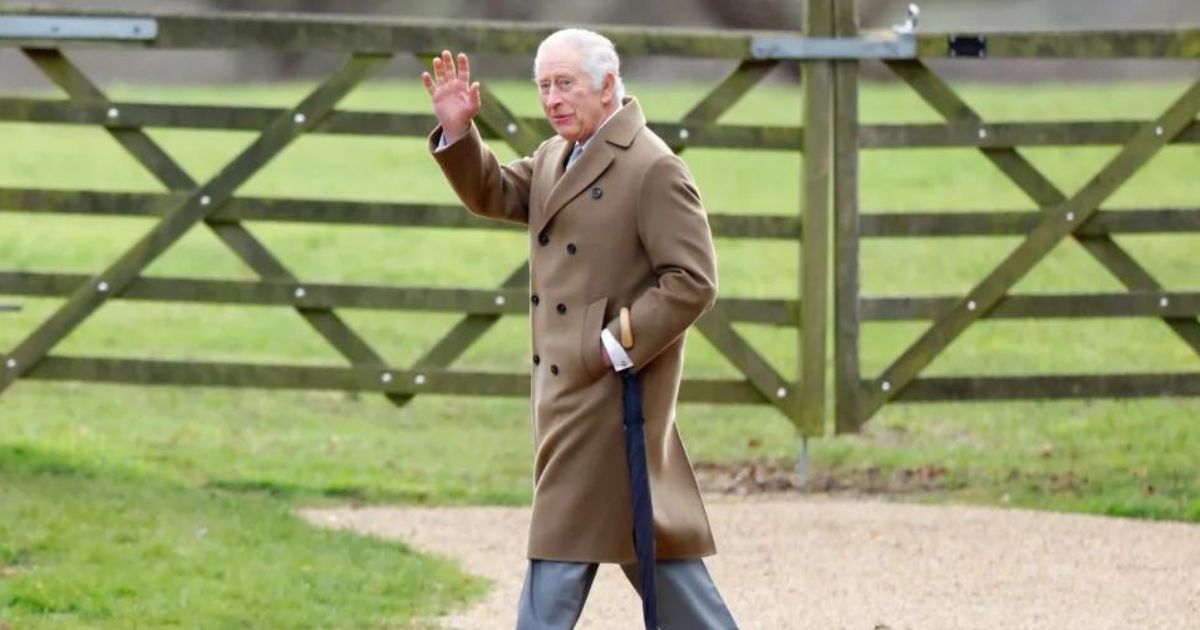
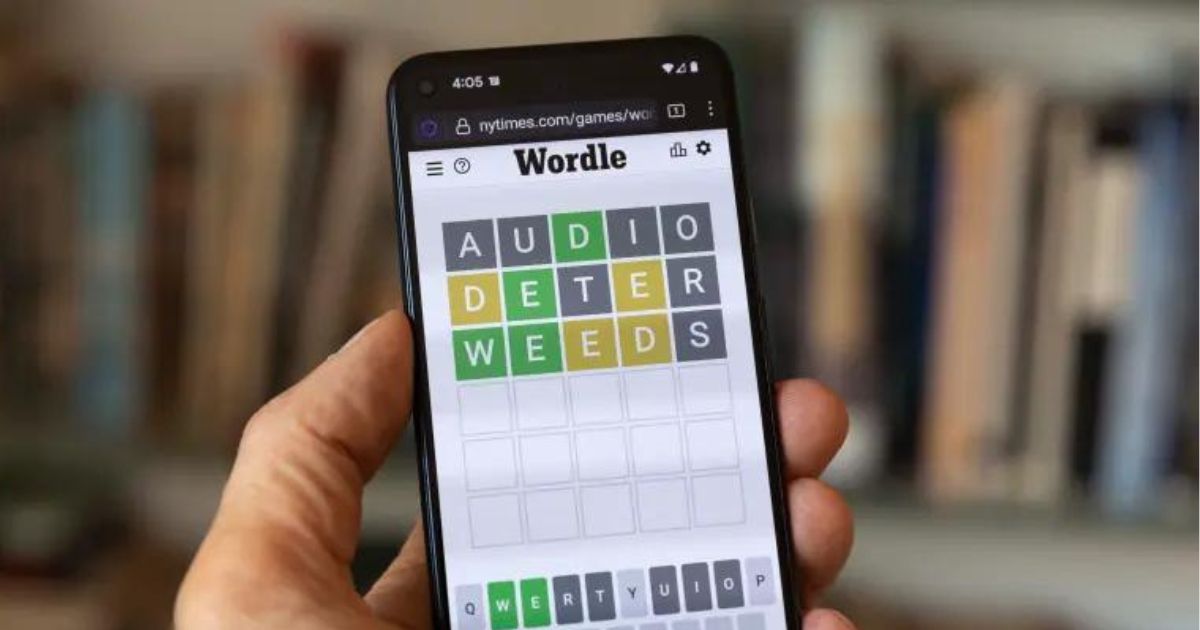
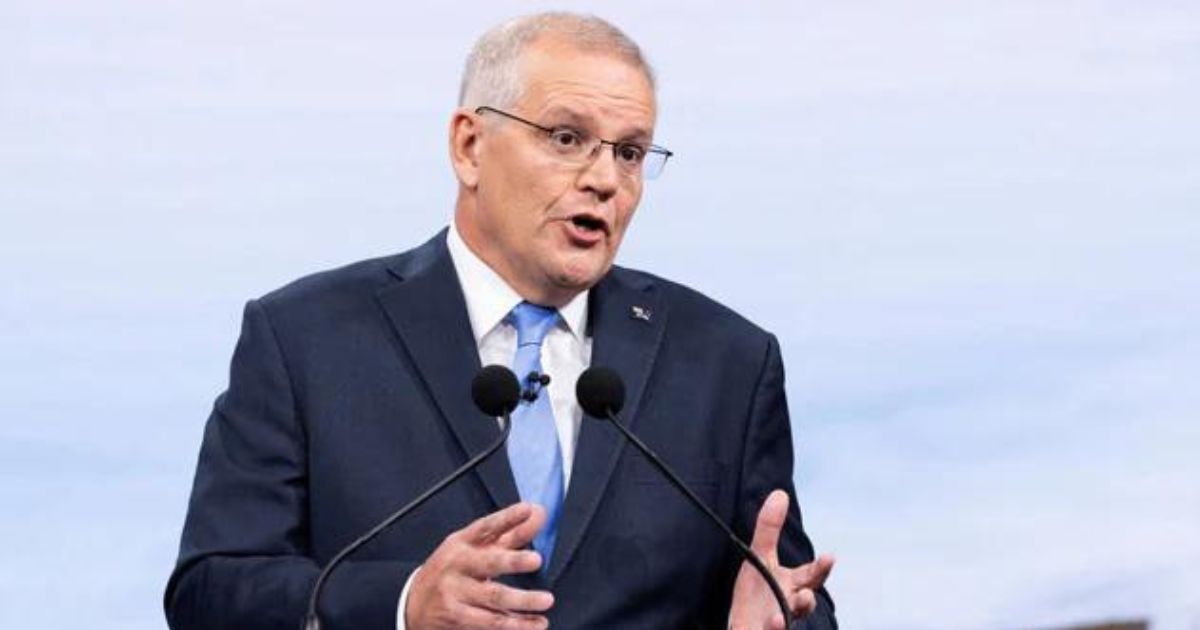


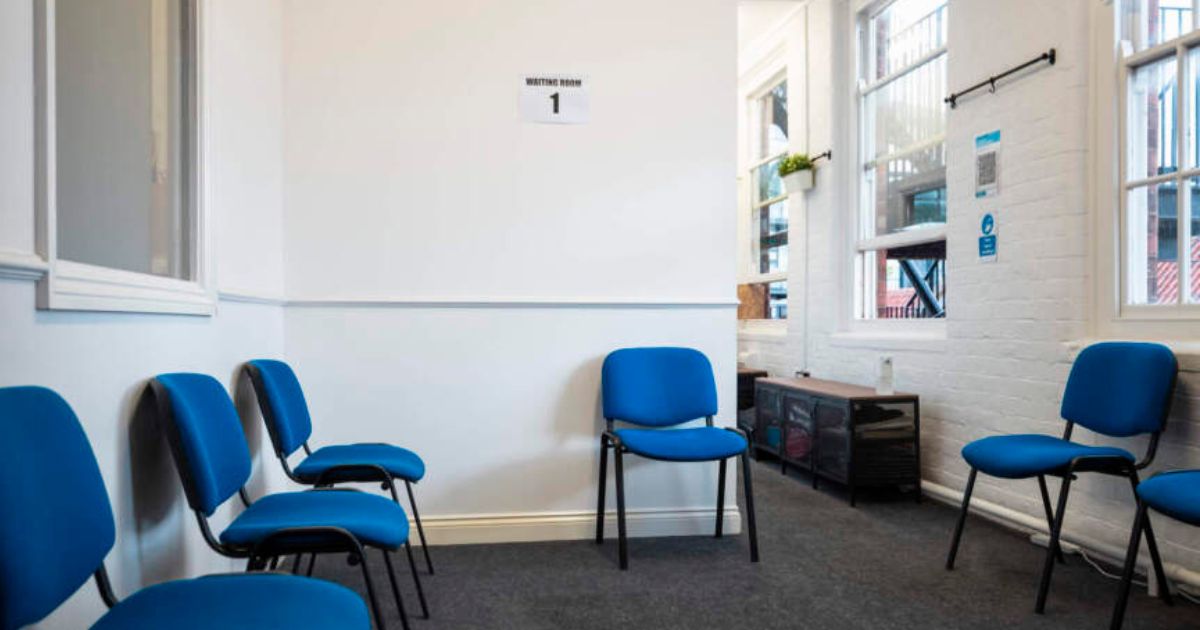
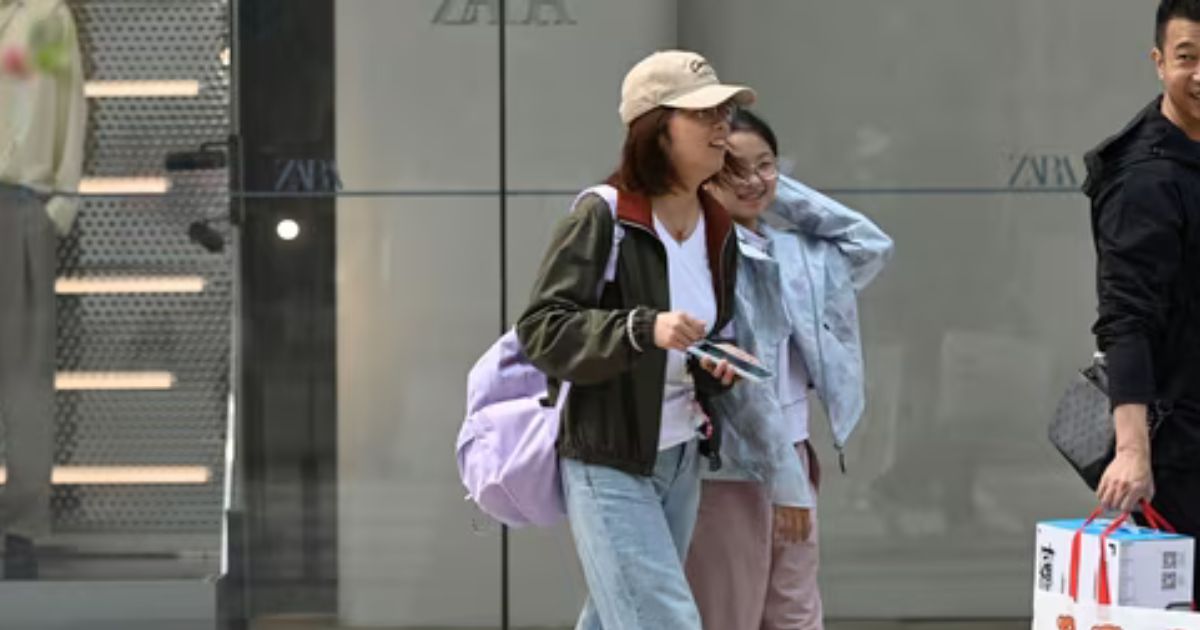

Leave a Reply
You must be logged in to post a comment.